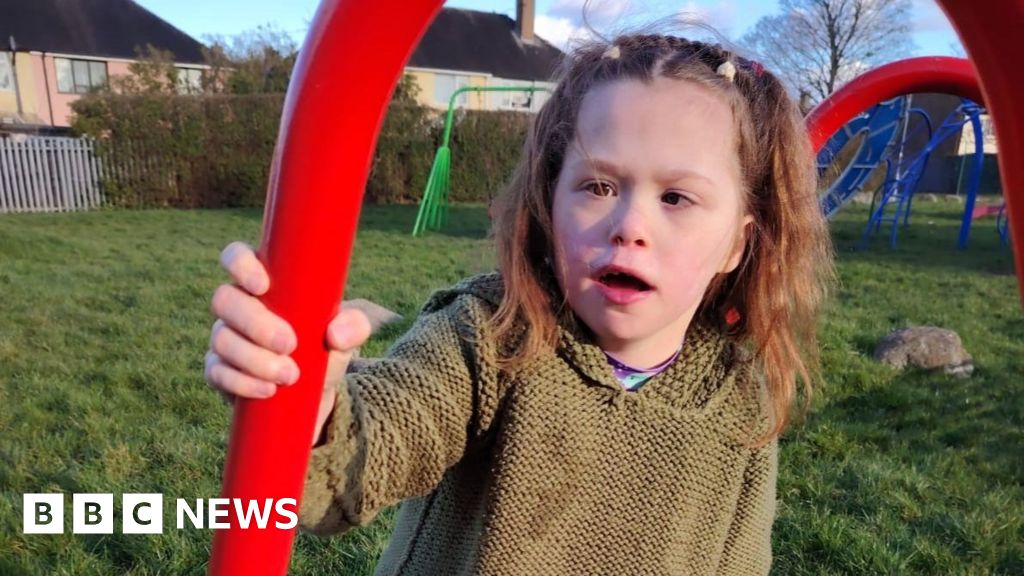A safer, quicker way to treat some heart arrhythmia cases could be on the horizon, creating an opportunity for medical device companies Boston Scientific and Medtronic, according to Piper Sandler analyst Matt O’Brien. Atrial fibrillation (AF) is the most common type of heart arrhythmia, according to the Centers for Disease Control and Prevention. It estimates 12.1 million people in the U.S. will have this condition in 2030. Over the past 20 years, AF has increasingly been a contributing factor to deaths in the U.S., and the condition increases the likelihood that a person will have a stroke. Although rhythm control medications and blood thinners are sometimes used as a treatment, some patients require surgery. In about half these cases, pulsed field ablation (PFA) may be a solution. In a research note Thursday, O’Brien called pulsed field ablation “a paradigm shifting technology.” The “single-shot” catheters in this category are expected to enter the U.S. market this year, while a second-generation “point-by-point” catheter could arrive next year or the following year, according to O’Brien. He explained that the clinical data has been promising, but an upcoming study should make it easier to compare the results of PFA treatment with RF and cryoablation, which are the current standards of care. “Ultimately, we think that PFA will be widely adopted for the treatment of AF (roughly 54% of the $4.5B market by 2030),” O’Brien said. O’Brien said Boston Scientific will be the immediate winner in this race. He estimates that Boston Scientific will ring up $454 million in sales by 2025 for its Farapulse catheter. However, Medtronic appears to have the lead on a second-generation dual ablation version “by a mile,” Piper Sandler said. Medtronic’s Affera system has already been approved in the EU, and a trial is underway in the U.S. Unfortunately, some of its gains could cannibalize Medtronic’s existing cryoablation business, he said. “Here, we expect revenues to decline in the [low-single digits] before growing in the mid-teen’s starting in ’25,” he said. Medtronic shares are up nearly 15% year to date. O’Brien rates the stock a neutral, with an $87 price target, which is actually below where it is currently trading. According to FactSet, views on the stock are mixed, with only 52% of analysts rating the stock a buy. MDT YTD mountain Medtronic shares have gained nearly 15% year to date. Meanwhile, Boston Scientific shares hit a record high on Friday. The stock has gained more than 17% so far this year. O’Brien rates the stock overweight, with a $58 price target, which implies nearly 8% upside. The vast majority of other analysts, some 84%, also rate the stock a buy, according to FactSet. BSX YTD mountain Boston Scientific shares have gained more than 17% so far this year. O’Brien noted that there are a few privately-held companies competing in this space. He expects that this could prompt consolidation, providing a way for any larger AF treatment providers that have fallen behind on innovation to catch up. Others in the space include Adagio Medical, Kardium, Galvanize Therapeutic, Abbott and Johnson & Johnson .















































